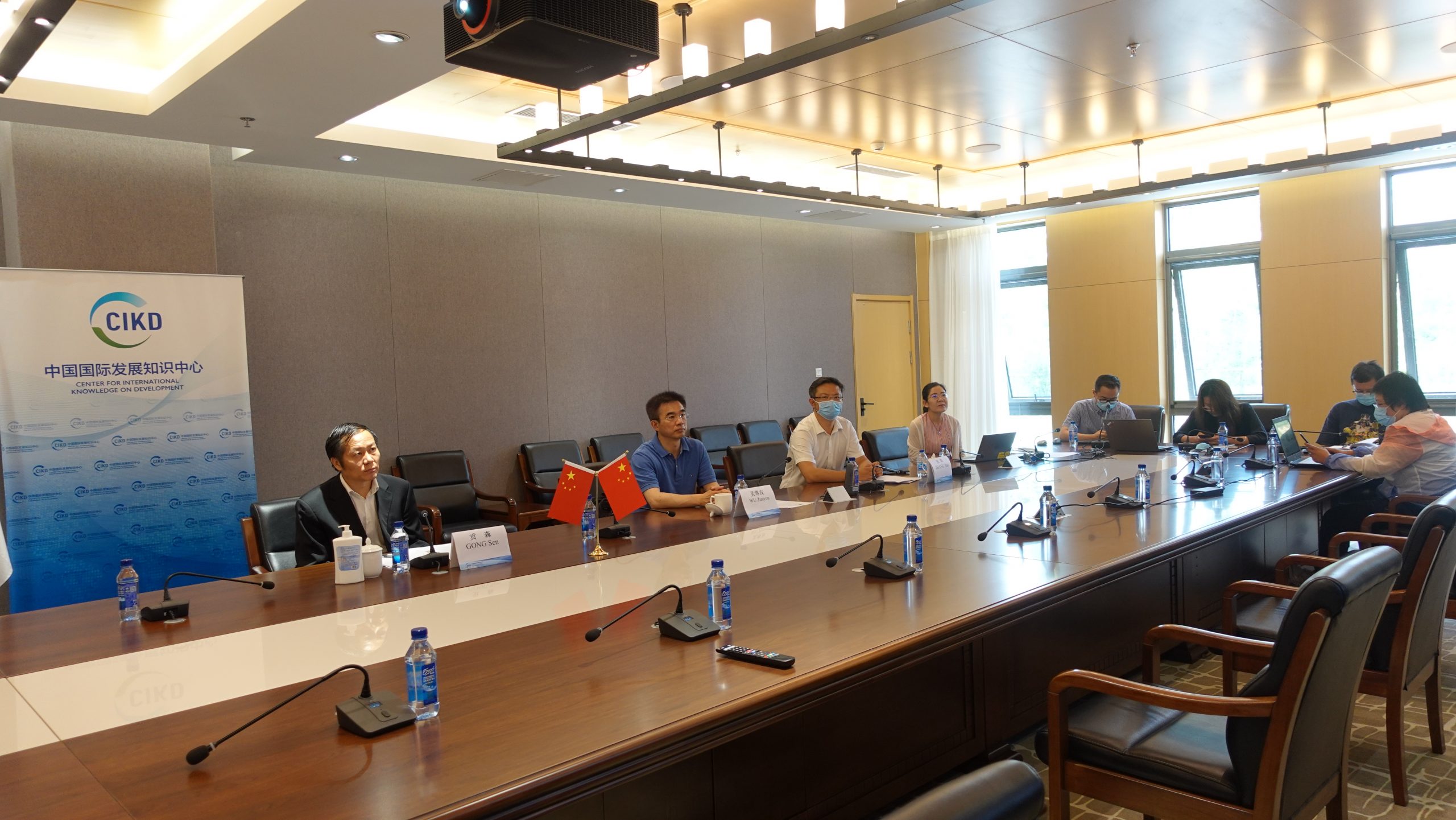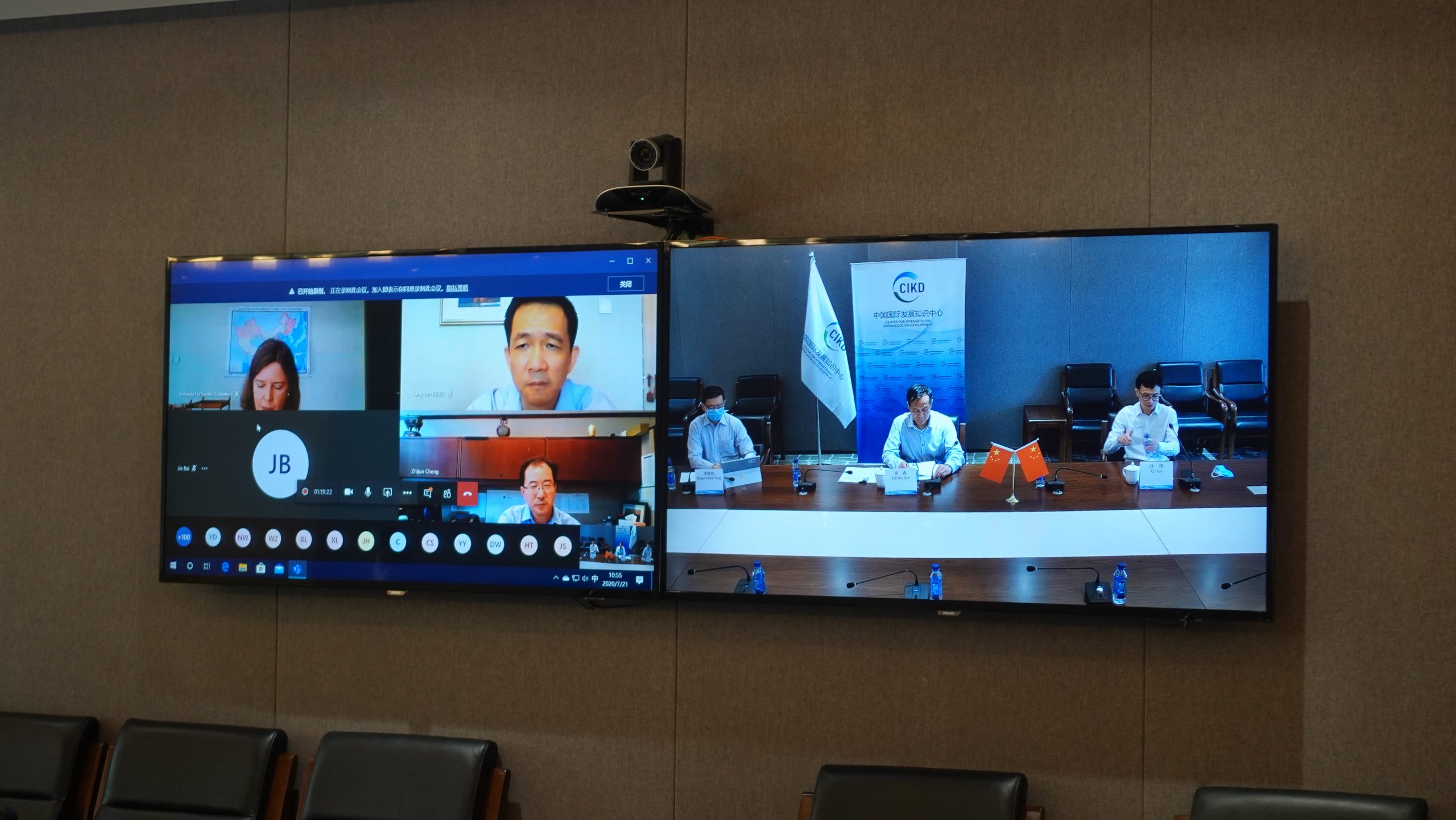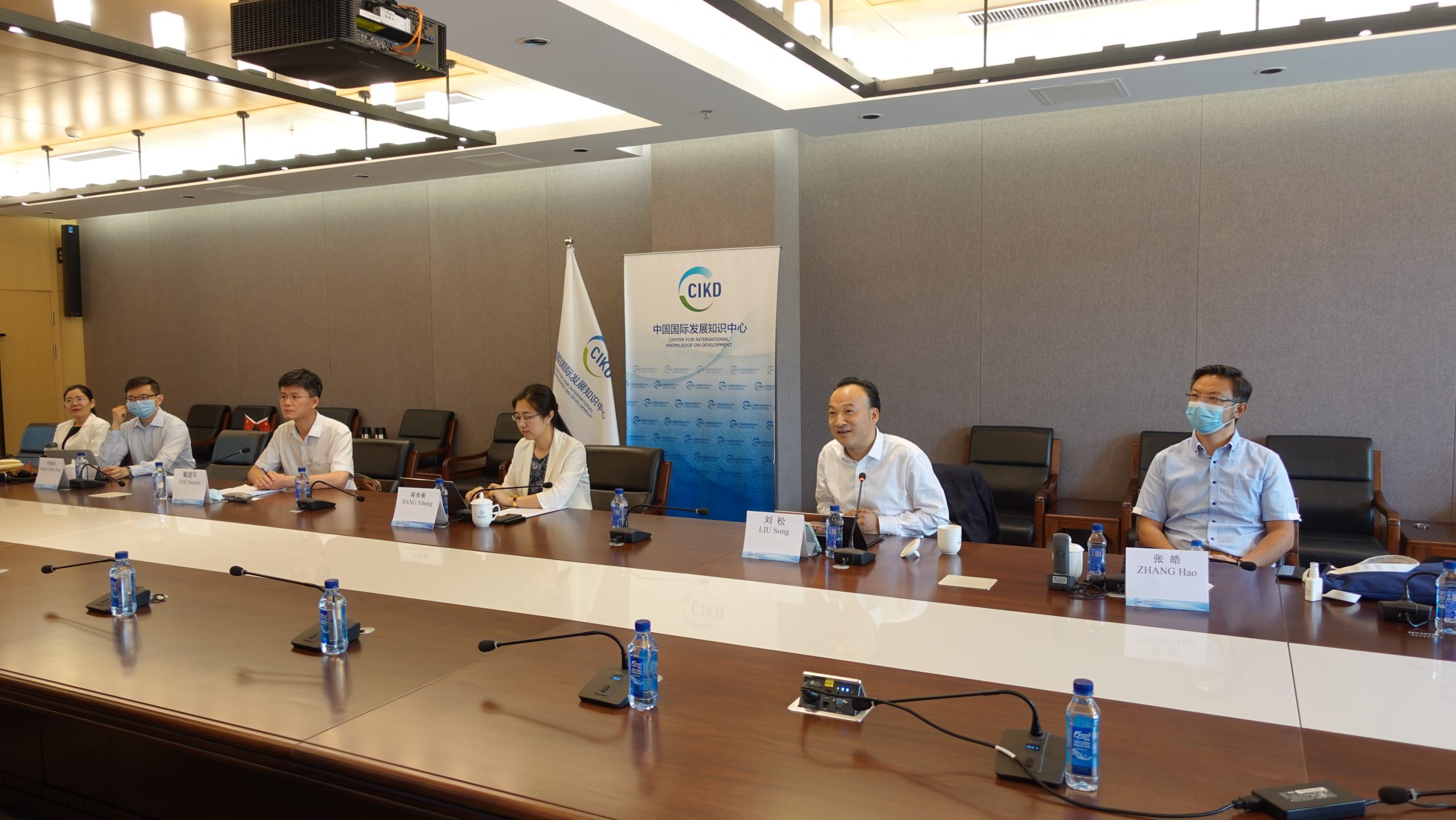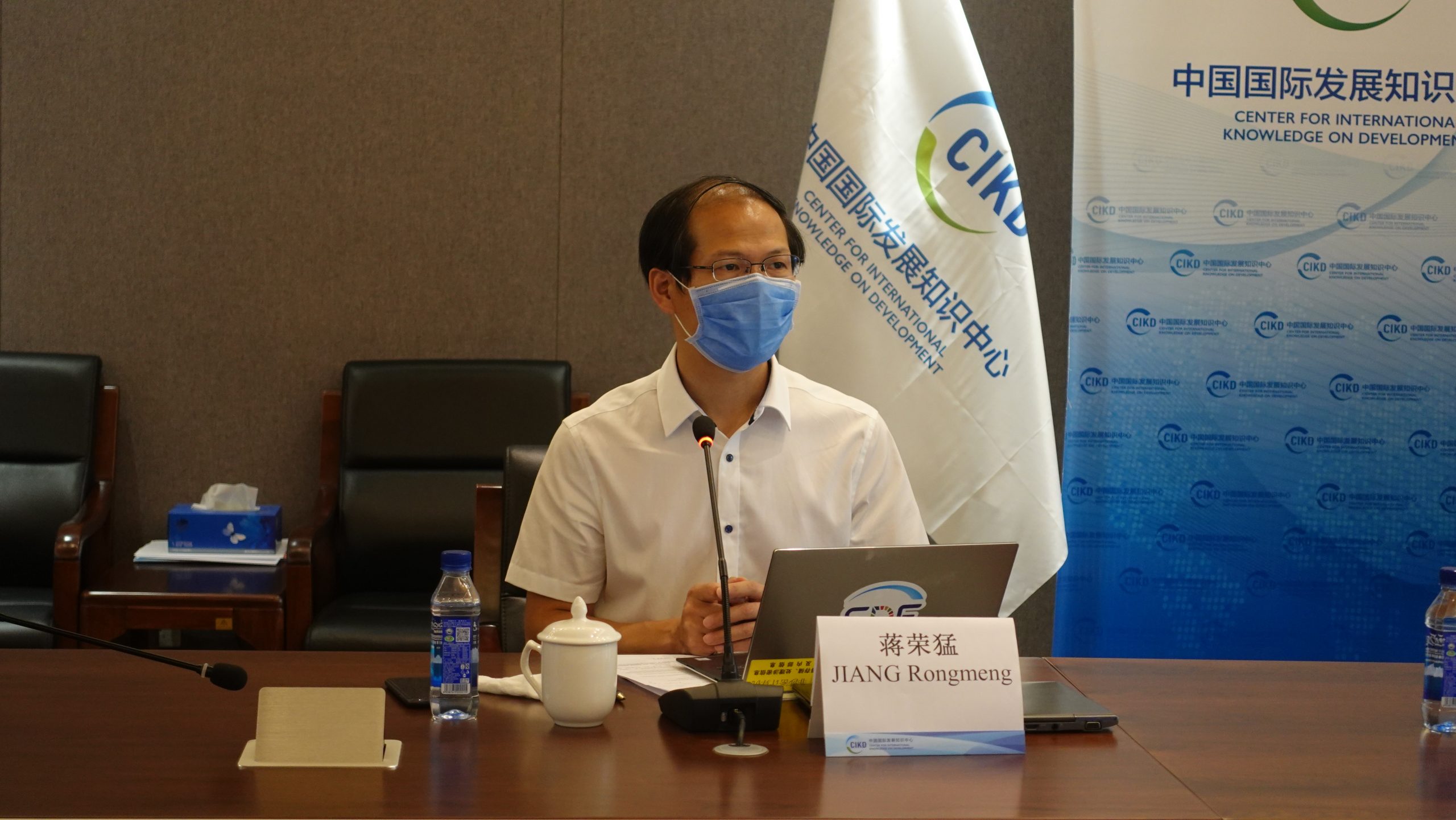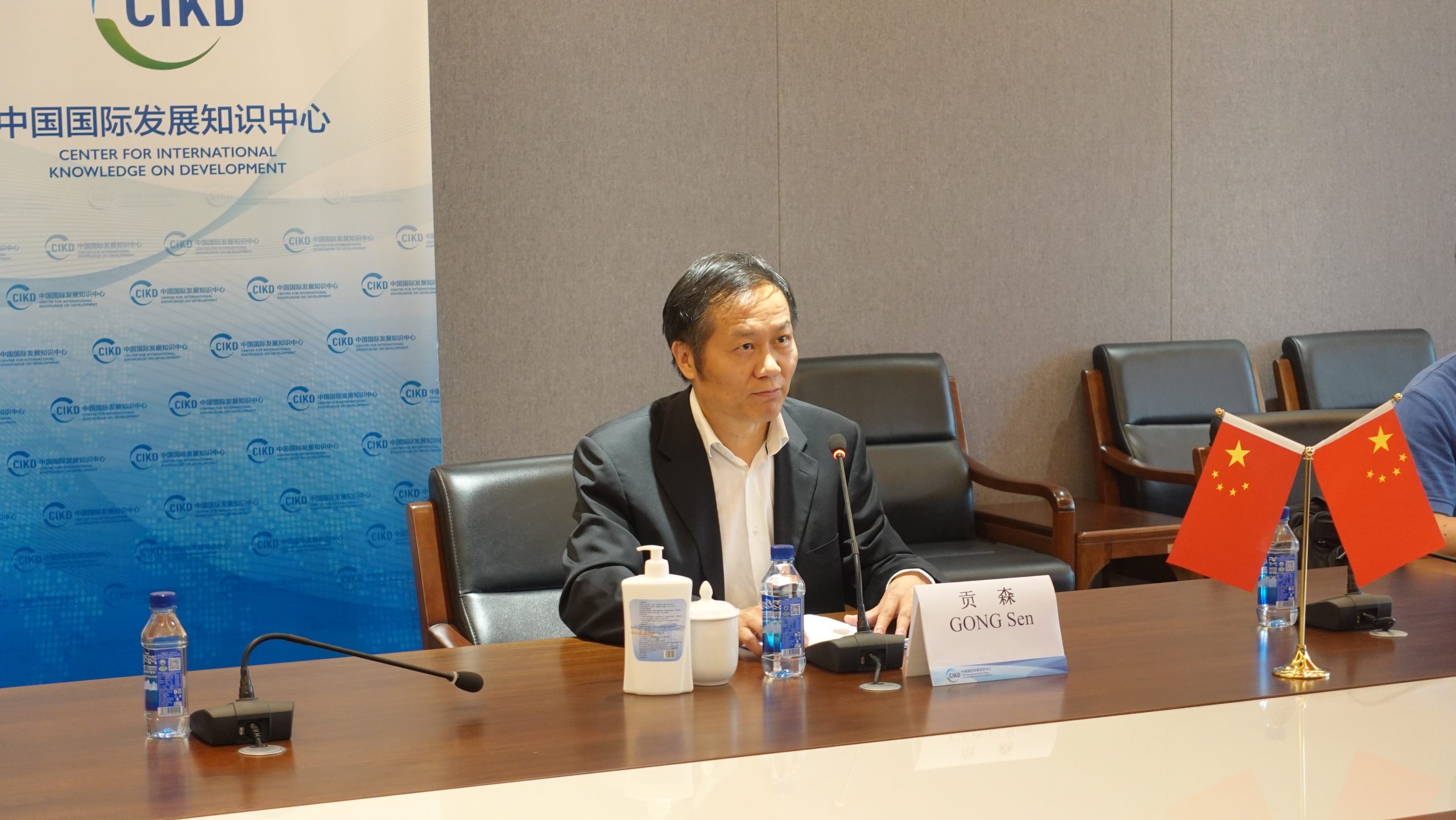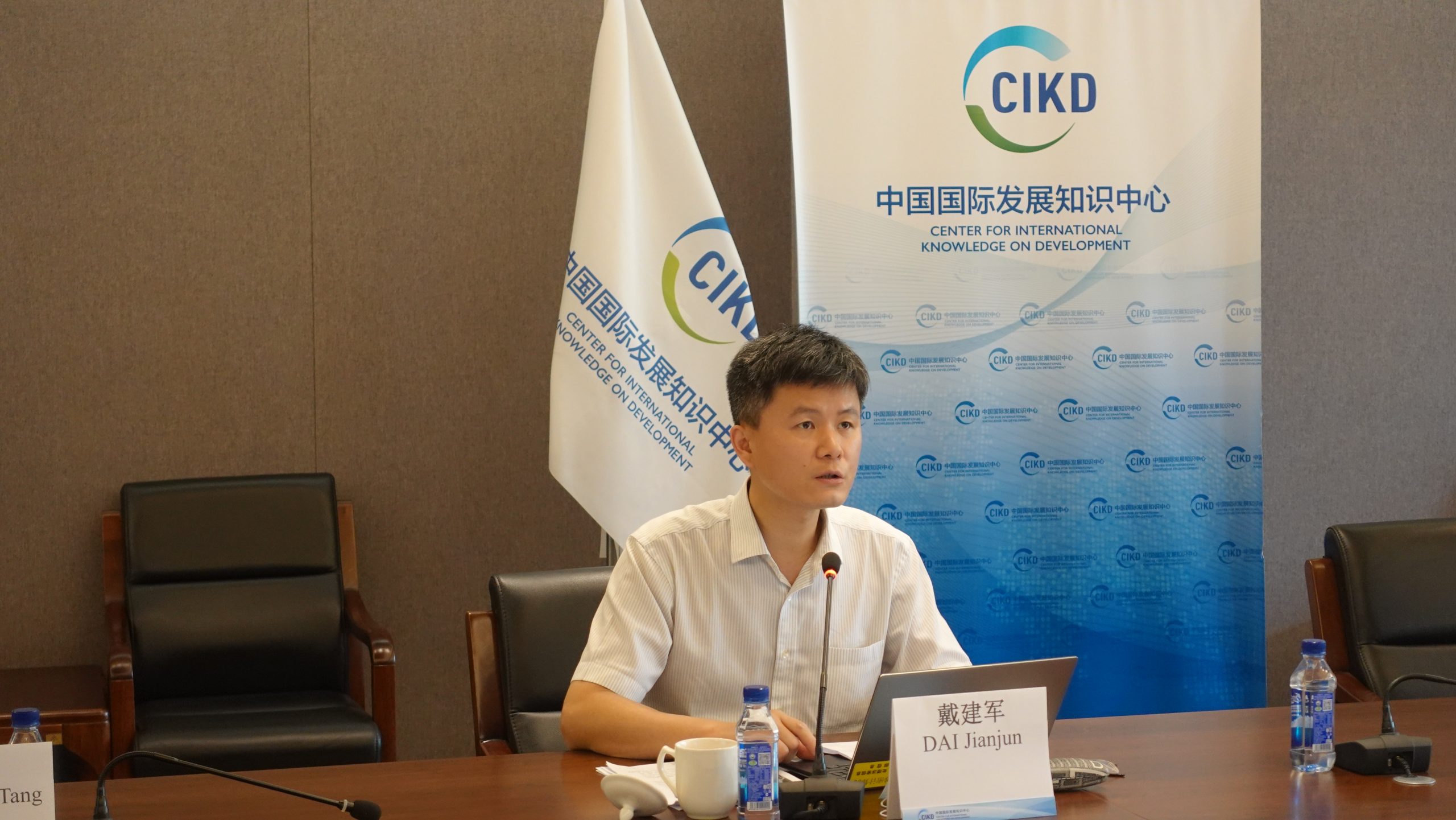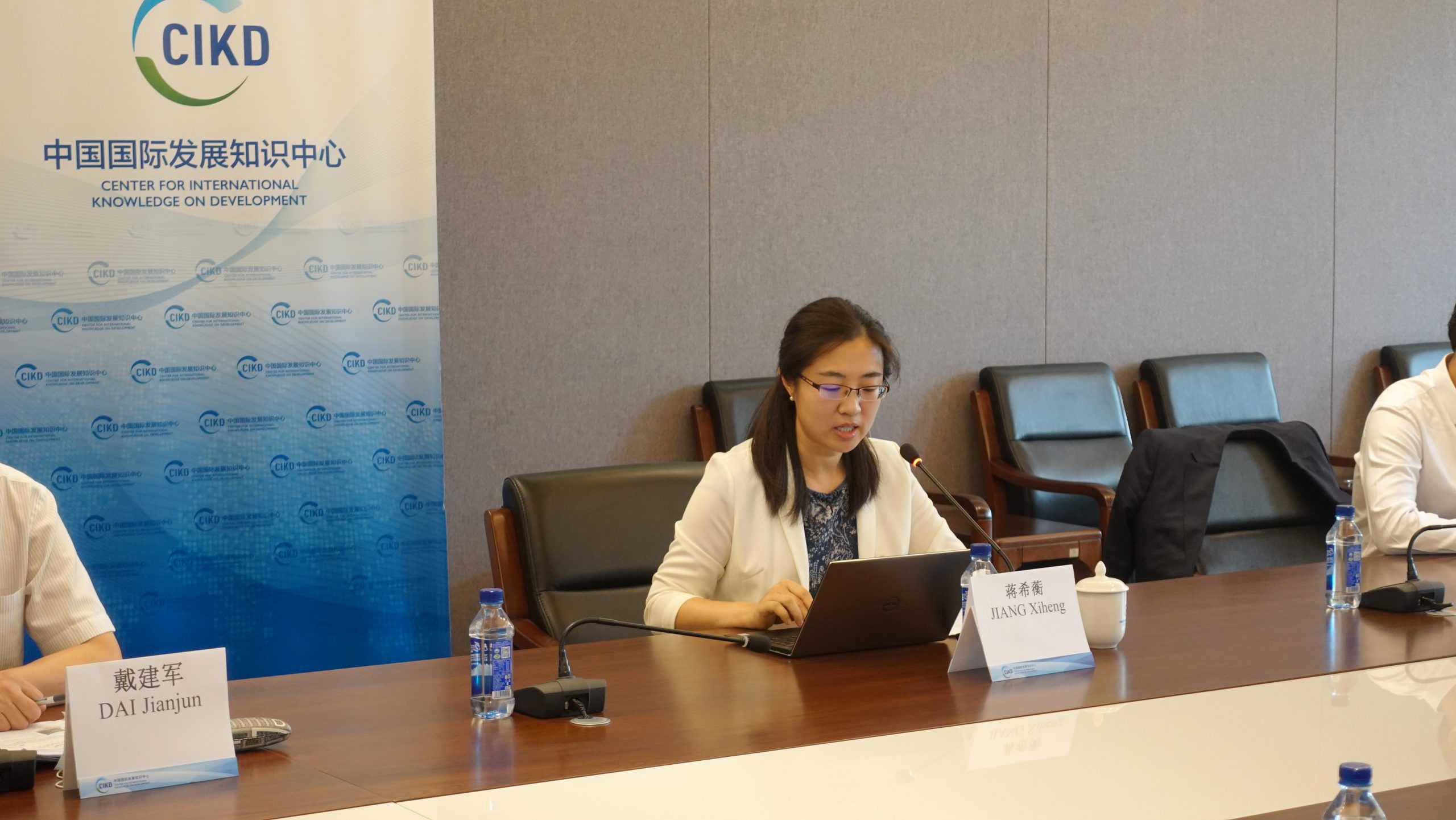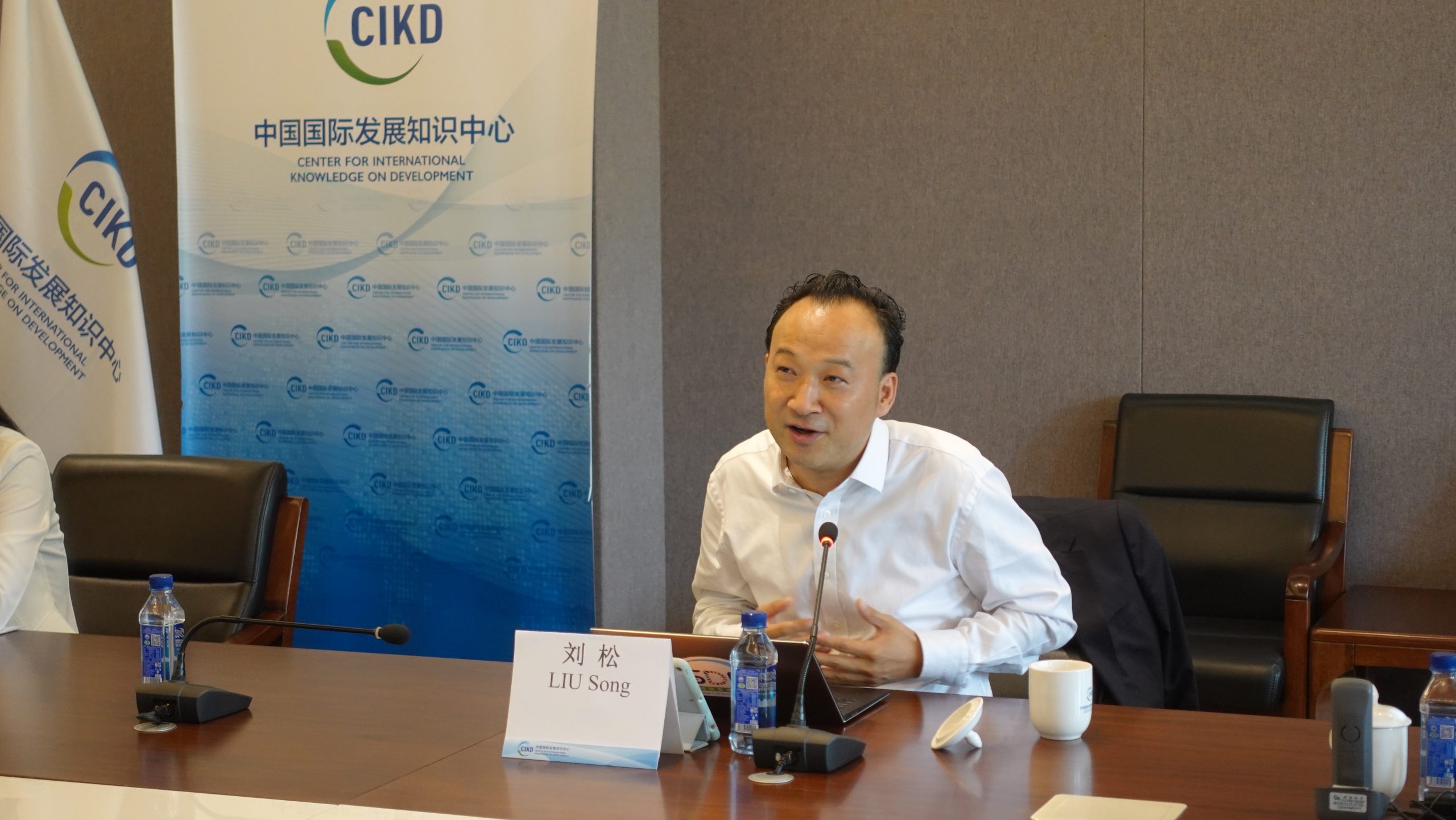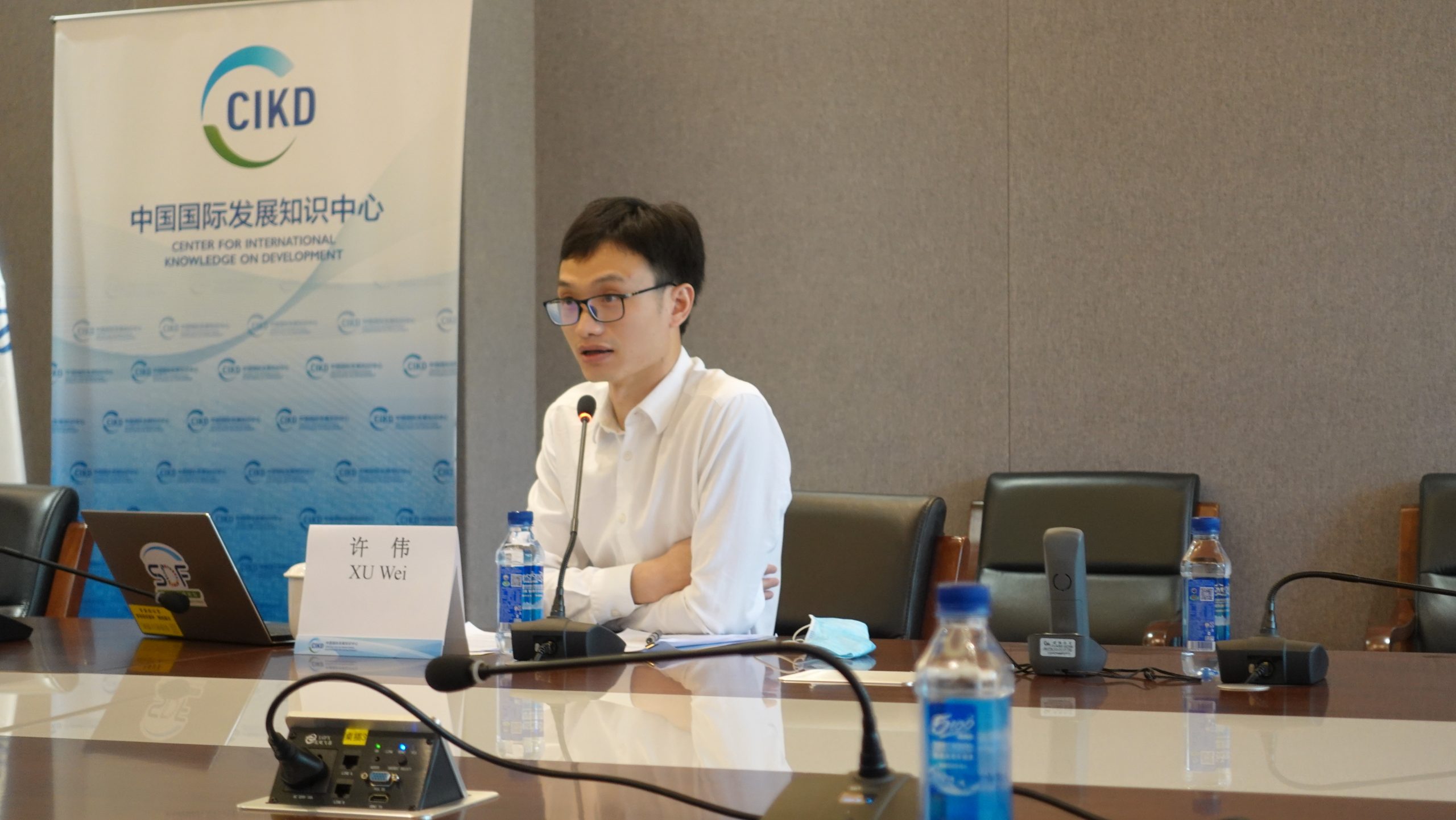
About 44% of the world’s population lives in rural areas. Extreme poverty tends to concentrate on and affect rural more than urban populations. Rural development therefore remains a key agenda of many governments, not only to eradicate poverty, but also to stimulate economic activity in the rural areas.
The PRC has achieved a stellar record lifting over 800 million people out of poverty. A key driver of this has been the increased digitalization of the rural economy. From 2016-2020, the last five-year plan, the PRC’s rural online retail sales grew at an average annual rate of about 39%, from CNY 350 billion (US$ 52.24 billion) to CNY 1.8 trillion (US$ 270 billion).
In the current 14th Five-Year Plan (2021-2025), the development of digital economy in rural areas and the promotion of integrated urban-rural development are further emphasized. Meanwhile, the Digital Rural Development Action Plan (2022-2025) was released in January 2022 to ensure significant progress in digital rural development focusing on smart agriculture, rural e-commerce brand, rural digital governance system, and popularization of 4G and 5G.
Against this backdrop, this webinar series will feature PRC practitioners, who have introduced and implemented information and communication technology to revitalize rural areas, and in doing so, help the rural populations achieve sustained income and improve their wellbeing. Developing member countries’ officials, policymakers, and experts will have this rare opportunity to exchange views and learn from front-line experts in some of the most successful digital rural revitalization initiatives in the country.
ADB is committed to achieving a prosperous, inclusive, resilient, and sustainable Asia and the Pacific, while sustaining its efforts to eradicate extreme poverty. Established in 1966, it is owned by 68 members—49 from the region. Recognizing the goals of the UN2030 Agenda for Sustainable Development, CIKD in the PRC was launched in August 2017 with the aim of promoting international development cooperation through researching and communicating with other countries on development theories and practices.
Program
Moderator: Xiheng Jiang, Vice President, CIKD Opening remarks: Changwen Zhao, President, CIKD; Yolanda Fernandez Lommen, Country Director, ADB Resident Mission in the PRC.
Liang Chen, Secretary of the Party Working Committee of Shaji E-commerce Transformation Demonstration Zone in Suining County, Jiangsu Province, will introduce the “Shaji E-Commerce Model”, a bottom-up rural inspired entrepreneurship that taps into the large online market. With low barriers of entry, the first successful business further inspires other rural folks to setup similar businesses, and also related businesses that together creates a powerful effect in revitalizing the rural areas. ![]()
Moderator: Yoonee Jeong, Senior Digital Technology Specialist, ADB
Haihe Hu, General Manager, Alibaba will share how its staff seconded to rural areas study local strengths and resources to drive the development of rural industries by leveraging on the market, technology, and infrastructure. The seconded staff, also known as commissioners, studies a product’s entire value chain, and mobilize all available Alibaba’s resources to support product development and in turn the rural areas. ![]()



